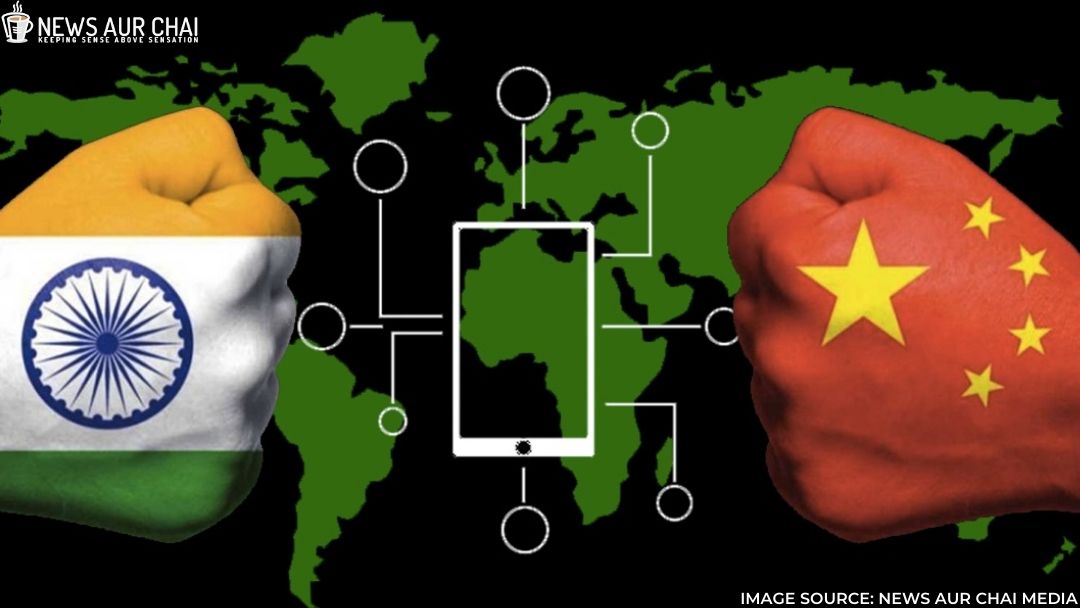
India was the first one to make a move in the economic war with China; however, what are the ramifications for the same? And how to build a sustainable future for developers?
Amid the ongoing Indo-China tension following the killing of 20 Indian soldiers in Galwan valley in Ladakh, the Government, on June 29 had announced an interim ban on 59 apps with Chinese roots, emphasising on “emergent threats” to the country’s sovereignty and national security.
I congratulate Modi Government for taking a bold and decisive action of banning 59 Chinese apps. This is Historic. Our Armed Forces are prepared to teach the lessons to the enemies on the border. The whole nation stands with them.
. JAI HIND#ChineseProductsInDustbin pic.twitter.com/9AVveoaRBj— Prem Singh (@Prem39342241) June 29, 2020
The statement of Electronic and IT (MeitY) said it had earlier garnered complaints about surreptitiously transmitting user data to servers outside India, thus classifying it as unauthorised. The Government has banned 59 apps under the aegis of Section 69A of the Information Technology Act; Shein, Club factory, Tik Tok and We Chat are some of the big players in the Indian market swept under this ban. These applications are accused of activities which are “prejudicial to sovereignty and integrity of India, defence of India, security of the state and public order.” In response, these apps have been taken down from Google Play Store and Apple App Store in India, blocking their accessibility for mobile phone users across pan-India.
Two days after the ban, the Government targeted Chinese trade and investments in India, thwarting Chinese companies to participate in highway projects through joint ventures. Along with this, they will also not allow Chinese investors in the micro, small and medium enterprises (MSMEs).
Future of Indian app industry
It’s the right time to ponder over and debate over the future of the app industry in our country. Once the accessibility to browser sites was blocked, apps such as Rizzle, BoxEngage.com, Woovly, HiPi, Public and other home-grown short video platforms saw more sign-ups and a steep growth curve just within 12 hours span.
A mix of policy changes are urgently required, catering to internal promotion of manufacturing and high tech enterprises in India. In the big picture, it will attract foreign investments with whom we have established economic relations.
Finally a very good decision by our govt, let's take it as a start that will provide our app developers to showcase their ability & in future the same fate can be seen in other fields
I hope this decision of banning 59 #chineseapps is followed strictly#ChineseProductsInDustbin pic.twitter.com/24kvcBG9ca— Vishal_rd10 (@vishalrd10) June 29, 2020
Time to finally “Make In India.”
Though the move has been branded as a “knee-jerk” reaction by some industry stalwarts, in the long run, it might turn out to be an opportune asset. It’s an excellent time to build on the vision of an “Atma Nirbhar Bharat” as proposed by Prime Minister Narendra Modi during his recent address to the nation.
A pragmatic approach must be adopted to build on the vision of Make in India. The Government must allocate funds and startup centric policies, a major concern for MSMEs is the 18 per cent Goods and Services Tax (GST). Research and Development (R&D) is a sector which requires a significant investment of funds, and some small scale ventures won’t be in a position to support themselves in a post-COVID world.
After the banning of popular apps, a vacuum is created and the burden to bridge the gap lies on the shoulders of the Indian startup ecosystem. Not only the technological infrastructure costs, once these alternate home-grown platforms are developed marketing, and advertising costs would also shoot up, a large amount of capital and policy support in required in tandem to this change. MitronTV, India’s TikTok alternative claims to have over 17 million downloads, within two months of its launch on the Play Store. Recently it has raised raises Rs 2 crore seed funding too.
Those who find India to be overly nationalistic because of its strong response to China do not criticize China for hyper-nationalism in its aggression towards all of its neighbors. China is still acting like an imperial power, promoting a new Chinese colonialism.
— Dr David Frawley (@davidfrawleyved) July 3, 2020
Vision of Sustainability
To avoid a quagmire of a situation, we need to consider over the long term sustainability element in tandem to these decisions. Deployment of an effective strategy to mitigate the Indo-China tension must go beyond blanket bans on the apps. Establishing pragmatic frameworks for data protection and security of the citizens should be a high priority for authorities. The national sentiment is respected; however, we must also build sustainable solutions for the long run keeping the due diligence in mind, when it comes to economic or business affairs.
Cumulatively this move will hurt Chinese firms such as Xiaomi, Bytedance and others that cater to the Indian market hence affecting businesses that rely on these firms. We must devise strategies and frameworks to empower our Indian Startup ecosystem, thus optimising the vision of “Make in India” possible on a bigger scale in the near future.





